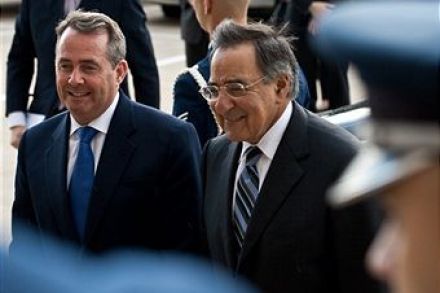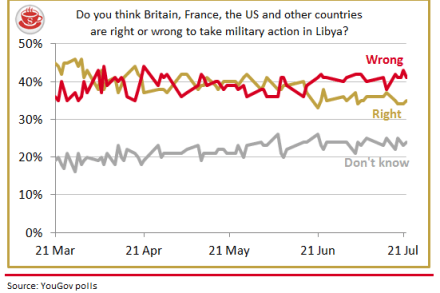Fox defies the hounds
To the joy of the Tory benches, Liam Fox has just come out swinging in the House of Commons. In his initial statement, Fox apologised to the House for allowing the lines between his personal and professional life to become blurred out of “personal loyalty to a friend.” He then conceded that Werritty had travelled on 18 overseas visits with him since May 2010 and visited the Ministry of Defence 22 times. The presence of George Osborne and Michael Gove on the front bench showed how determined the Cameroons are to indicate support for the defence secretary despite the political differences between him and them. Jim Murphy missed the target















